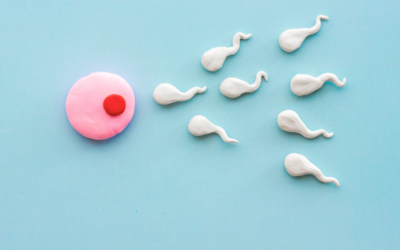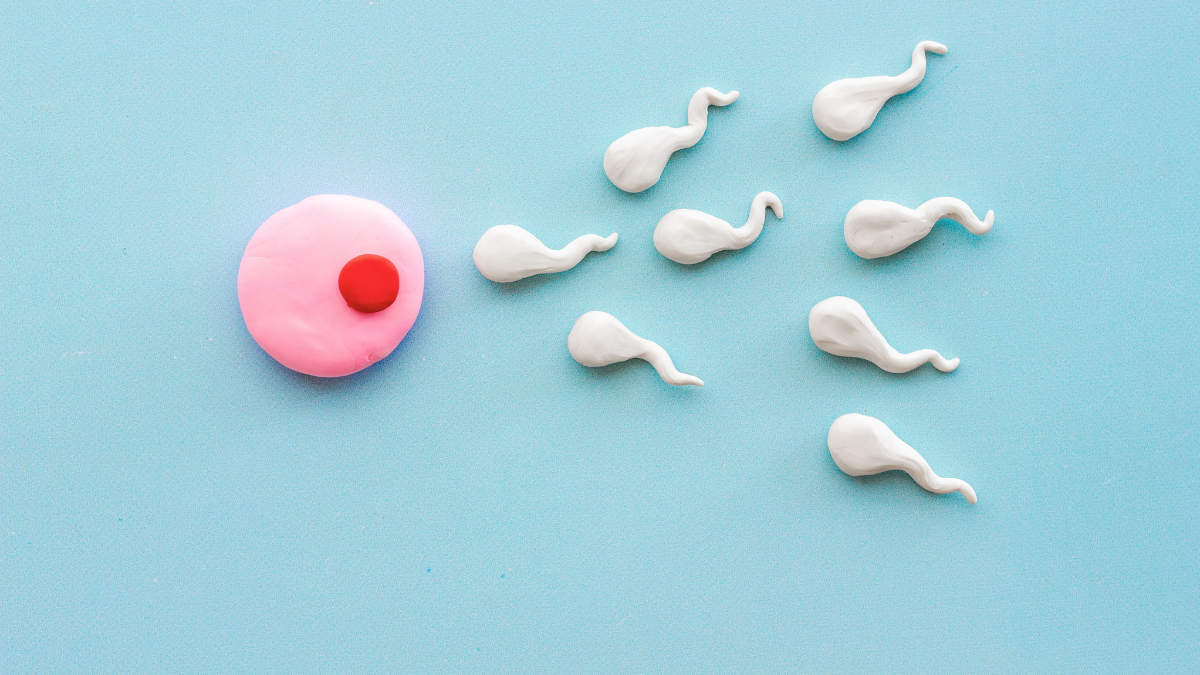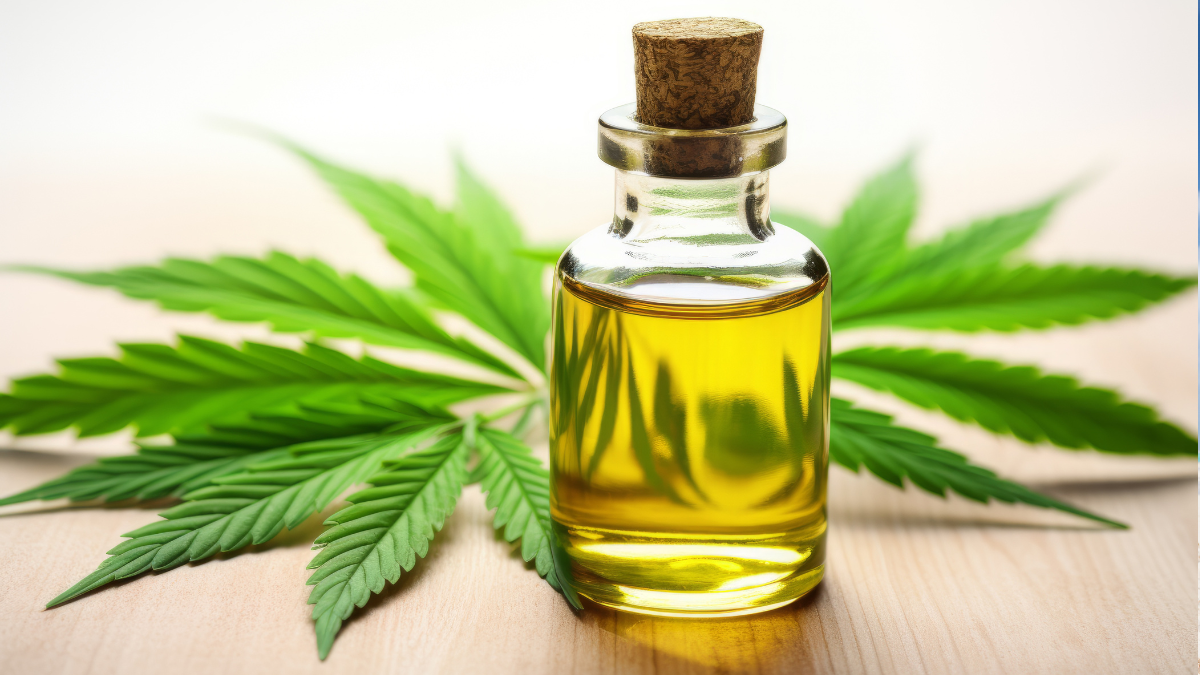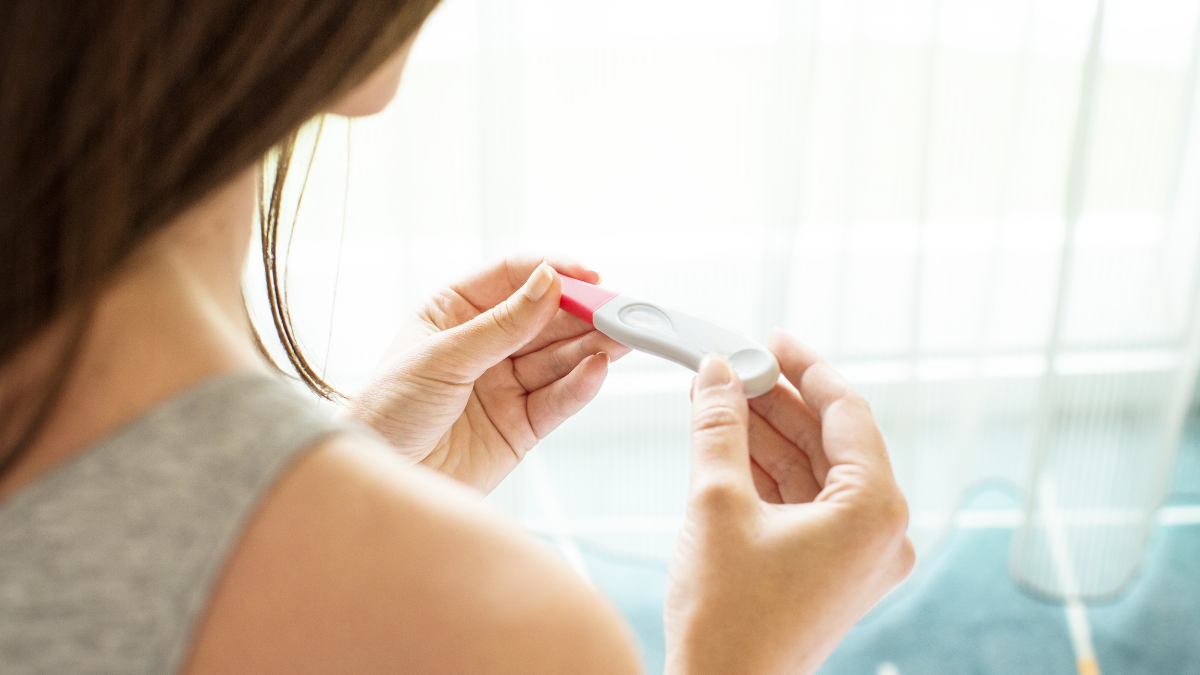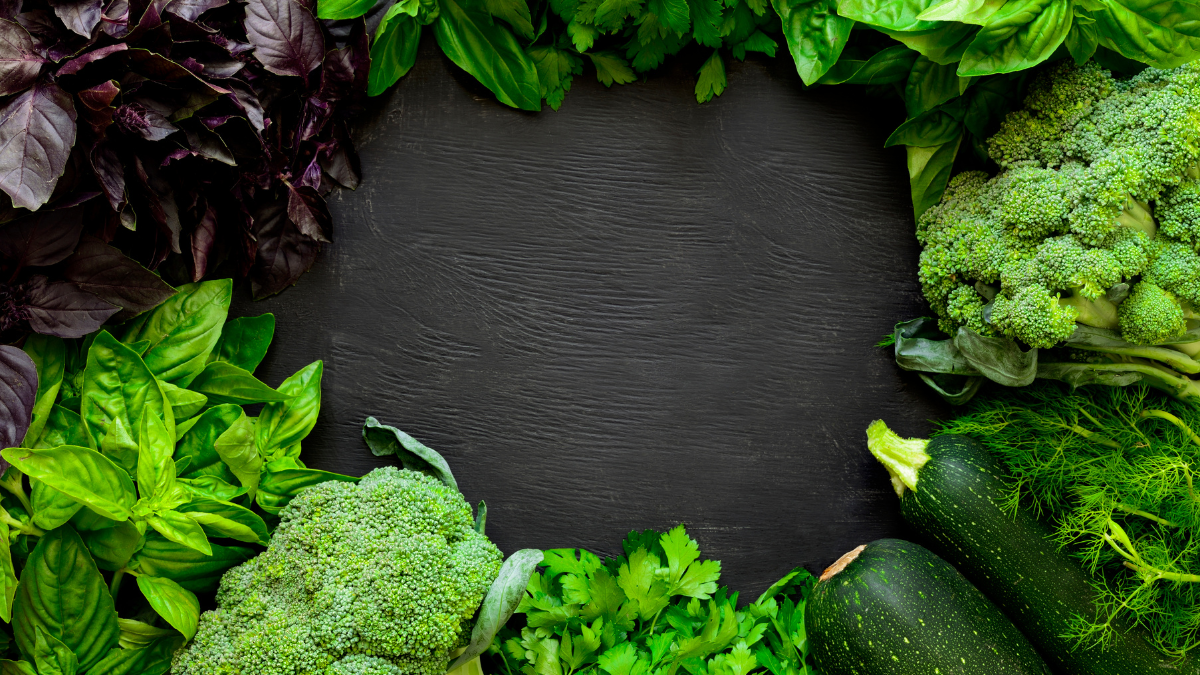Trying to conceive can be an exciting yet sometimes stressful journey. Many women are turning to natural methods to support their reproductive health, and one simple, effective approach is tea for fertility. Herbal teas have been used for centuries to balance hormones, improve uterine health, and enhance overall fertility naturally.
In this guide, we’ll explore the 5 best herbal teas for fertility that can help prepare your body for conception, support hormone regulation, and create a nurturing environment for pregnancy. Whether you’re just starting your preconception journey or looking for gentle ways to boost fertility, these teas can be a comforting and beneficial addition to your daily routine.
Table of Contents
Why Choose Tea for Fertility?
Tea for fertility is gaining popularity because it’s a gentle, natural method to support reproductive health. Unlike supplements or medications, fertility teas work by nourishing the body, balancing hormones, and improving circulation to the reproductive organs. Here are a few reasons why fertility teas can be beneficial:
- Hormonal balance: Some herbal teas help regulate estrogen and progesterone levels, which are essential for ovulation.
- Improved blood flow: Herbal teas like ginger or ginseng increase circulation to the reproductive organs.
- Stress reduction: High stress can negatively impact fertility, and calming teas such as chamomile or peppermint can help reduce anxiety.
- Detoxification: Certain teas support liver function, which helps the body eliminate excess hormones that may interfere with fertility.
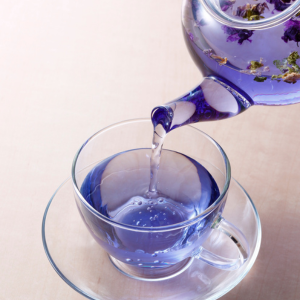
5 Best Herbal Teas for Fertility
Incorporating tea for fertility into your daily routine can naturally support reproductive health. Here are some of the most effective options:
1. Red Raspberry Leaf Tea
- Strengthens the uterus and supports reproductive health.
- Improves uterine lining quality, aiding implantation.
- Rich in vitamins and minerals that prepare your body for pregnancy.
- How to use: Drink 1 cup daily during your preconception phase; can be consumed hot or cold.
2. Peppermint Tea
- Reduces stress and promotes relaxation.
- Eases bloating and supports healthy digestion.
- Helps create a hormonal environment conducive to conception.
- How to use: Enjoy 1–2 cups daily, preferably after meals for optimal digestion.
3. Ginger Tea
- Enhances blood circulation, especially to reproductive organs.
- Supports ovulation and overall reproductive function.
- Natural anti-inflammatory properties help maintain body balance.
- How to use: Brew fresh ginger slices in hot water for 10 minutes; drink 1 cup daily.
4. Nettle Leaf Tea
- Packed with iron, calcium, magnesium, and other essential nutrients.
- Supports hormonal balance and reproductive health.
- Helps strengthen the body in preparation for pregnancy.
- How to use: Drink 1 cup daily; combine with other fertility teas for added benefits.
5. Chasteberry (Vitex) Tea
- Regulates menstrual cycles and supports luteal phase health.
- Optimizes ovulation, improving chances of conception.
- Ideal for women with irregular cycles or luteal phase defects.
- How to use: Drink 1 cup daily for several months to notice effects; consult a healthcare professional before long-term use.
How to Use Tea for Fertility Effectively
To maximize the benefits of tea for fertility, follow these tips:
- Consistency is key: Drink 1–2 cups daily for several weeks before trying to conceive.
- Use high-quality herbs: Preferably organic, to avoid pesticides and additives.
- Avoid overconsumption: Some herbs may have strong hormonal effects if taken excessively.
- Combine with a healthy lifestyle: Include a balanced diet, regular exercise, and adequate sleep.
- Track your cycle: Drinking tea during your fertile window can support ovulation and implantation.
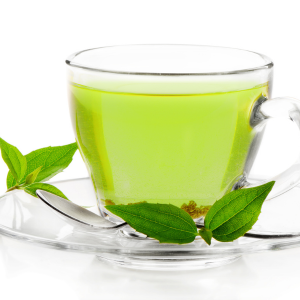
Lifestyle Tips to Boost Fertility Naturally
In addition to drinking tea for fertility, lifestyle choices play a major role in conception:
- Maintain a healthy weight: Both underweight and overweight conditions can affect ovulation.
- Reduce stress: Yoga, meditation, and deep breathing exercises can help.
- Avoid harmful habits: Reduce caffeine, quit smoking, and limit alcohol intake.
- Get regular exercise: Moderate exercise improves circulation and hormonal balance.
- Monitor ovulation: Use ovulation kits or track basal body temperature for precise timing.
Make Tea for Fertility a Daily Habit
Drinking tea for fertility is a simple yet powerful way to naturally support reproductive health. Herbal teas like red raspberry leaf, nettle, ginger, peppermint, and chasteberry not only improve your chances of conception but also promote overall well-being.
- Start with 1–2 cups daily.
- Combine with a balanced diet, regular exercise, and stress management.
- Be patient—natural methods take time but offer lasting health benefits.
By making tea for fertility a regular part of your routine, you are taking a gentle, natural step toward the family you dream of. Brew a cup today and support your journey to conception.
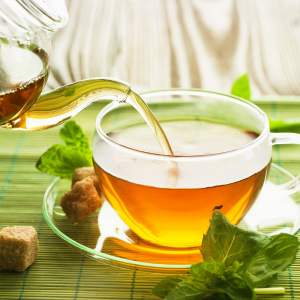
Teas to Avoid When Trying to Conceive
1. Sage Tea
- Contains compounds that can act like estrogen and may disrupt hormonal balance.
- High doses may negatively affect fertility.
2. Parsley Tea
- Acts as a uterine stimulant and may increase the risk of miscarriage if consumed in large amounts.
- Avoid during preconception and early pregnancy.
3. Pennyroyal Tea
- Strongly stimulates the uterus and can be toxic.
- Known to cause miscarriage and is unsafe during preconception.
4. Caffeine-Heavy Teas (Black, Green, Oolong)
- Excessive caffeine can affect ovulation and hormone levels.
- Limit to 1 cup per day or switch to decaffeinated versions.
5. Licorice Root Tea
- It can interfere with estrogen and testosterone levels.
- Excessive intake may reduce fertility over time.
6. Chamomile (in excess)
- Generally safe in moderation, but very high consumption may act as a uterine relaxant and could affect implantation.
Tips for Safe Tea Consumption While Trying to Conceive
- Stick to fertility-friendly teas like red raspberry leaf, nettle, ginger, peppermint, and chasteberry.
- Always check with a healthcare provider if you’re unsure about any herbal tea.
- Avoid teas with unknown ingredients or strong hormonal effects.
- Limit caffeine intake to under 200 mg per day (about 1–2 cups of black tea).
Can I Drink Tea if I Am Trying to Conceive?
Yes, you can drink tea when trying to conceive, but it’s important to choose the right types. Not all teas are beneficial for reproductive health, so knowing which ones support fertility is essential. Tea for fertility can be a gentle, natural way to nourish your body, balance hormones, and enhance your chances of conception.
Safe Teas to Drink While Trying to Conceive:
- Red Raspberry Leaf Tea: Strengthens the uterus and improves uterine lining quality.
- Nettle Leaf Tea: Rich in iron, calcium, and magnesium, supporting overall reproductive health.
- Ginger Tea: Boosts blood circulation to reproductive organs and aids ovulation.
- Chasteberry (Vitex) Tea: Regulates menstrual cycles and supports luteal phase health.
- Peppermint Tea: Reduces stress and supports hormonal balance, promoting a fertile environment.
Tips for Drinking Tea Safely:
- Limit caffeine-heavy teas such as black, green, and oolong; excessive caffeine may reduce fertility.
- Avoid teas with unknown or potentially harmful herbs like sage, parsley, or pennyroyal.
- Drink 1–2 cups of fertility-friendly tea daily for optimal benefits.
- Combine tea with a healthy lifestyle, including proper nutrition, stress management, and regular exercise.
Benefits of Tea for Fertility:
- Provides essential nutrients and antioxidants for reproductive health.
- Supports hormone balance naturally.
- Reduces stress and promotes relaxation, which can positively affect ovulation.
- Helps improve blood circulation to reproductive organs, supporting conception.
In summary, drinking tea for fertility is not only safe but can be a natural, effective addition to your preconception routine. By choosing the right herbal teas and avoiding harmful ones, you create a supportive environment for conception while enjoying a soothing daily ritual.
Does Drinking Too Much Tea Affect Fertility?
While moderate consumption of tea for fertility can support reproductive health, excessive intake—especially of certain teas—may have the opposite effect. Overconsumption can impact hormone balance, ovulation, and even implantation.
How Too Much Tea Can Affect Fertility:
- Caffeine Overload:
- Teas like black, green, and oolong contain caffeine.
- High caffeine intake can reduce fertility by affecting hormone levels and ovulation.
- Limit caffeine to under 200 mg per day (roughly 1–2 cups of black tea).
- Hormonal Disruption from Herbal Teas:
- Some herbal teas, when consumed in large amounts, can interfere with hormone balance.
- For example, excessive chasteberry (Vitex) tea may overstimulate progesterone levels.
- Potential Uterine Effects:
- Herbs like sage, parsley, or pennyroyal tea, if consumed in high doses, can act as uterine stimulants and may reduce fertility.
- Mineral Absorption Interference:
- Certain teas, especially those high in tannins (like black tea), may reduce the absorption of essential minerals such as iron and calcium, which are vital for reproductive health.
Tips to Safely Drink Tea for Fertility:
- Stick to 1–2 cups daily of fertility-friendly herbal teas like red raspberry leaf, nettle, ginger, peppermint, or chasteberry.
- Avoid high-caffeine teas or limit them to small amounts.
- Rotate teas to prevent overconsumption of any single herb.
- Pair tea with a balanced diet and a healthy lifestyle to optimize fertility benefits.
What Tea is Great for Pregnancy?
After conception, many women wonder which teas are safe and beneficial during pregnancy. While some teas can support fertility before pregnancy, it’s important to switch to pregnancy-safe options afterward. Choosing the right teas can help with digestion, reduce stress, and provide essential nutrients.
Pregnancy-Safe Teas:
- Ginger Tea
- Helps reduce nausea and morning sickness.
- Improves digestion and supports circulation.
- It can be enjoyed throughout pregnancy in moderation.
- Rooibos Tea
- Naturally caffeine-free and packed with antioxidants.
- Supports overall health without affecting pregnancy hormones.
- A safe daily alternative to traditional caffeinated teas.
- Peppermint Tea
- Eases bloating, gas, and digestive discomfort common in pregnancy.
- Helps reduce stress and promote relaxation.
- Lemon Balm Tea
- Calming and soothing, helping with sleep and mild anxiety.
- Safe to drink in moderation during pregnancy.
- Red Raspberry Leaf Tea (in later trimesters)
- Helps strengthen the uterus and may support easier labor.
- Best consumed in the second or third trimester; consult your healthcare provider before using early in pregnancy.
Tips for Drinking Tea During Pregnancy:
- Limit caffeine intake; high-caffeine teas like black or green should be avoided or reduced.
- Avoid herbal teas not recommended for pregnancy, such as pennyroyal, sage, or licorice root.
- Always consult your healthcare provider before drinking any herbal tea, especially if it’s a new herb or concentrated form.
Note: Before conception, you may have enjoyed tea for fertility to support reproductive health. Once pregnant, focus on teas that are safe, soothing, and nutrient-rich to support both you and your baby.
When to Drink Red Raspberry Leaf Tea for Fertility?
Red raspberry leaf tea is one of the most popular tea for fertility options because of its ability to support uterine health and improve reproductive function. Knowing the right timing for drinking it can help you maximize its benefits.
Best Times to Drink Red Raspberry Leaf Tea:
- During the Preconception Phase:
- Start drinking red raspberry leaf tea a few months before trying to conceive.
- Helps strengthen the uterus and improve the uterine lining, creating an optimal environment for implantation.
- Recommended: 1 cup per day initially.
- After Ovulation (Optional):
- Some women choose to continue drinking it after ovulation to support uterine health.
- Avoid excessive amounts immediately after conception, as high doses are better reserved for later pregnancy stages.
- Consistency is Key:
- Drinking 1–2 cups daily consistently over several months can have the best effect on reproductive health.
- Combining it with other fertility-friendly teas like nettle or ginger can provide additional nutritional support.
Tips for Using Red Raspberry Leaf Tea for Fertility:
- Use high-quality, organic leaves to avoid pesticides.
- Brew 1 teaspoon of dried leaves in hot water for 5–10 minutes.
- Drink hot or cold based on preference.
- Avoid excessive consumption; more is not always better.
Does Fertility Tea Really Work?
Many women trying to conceive wonder whether tea for fertility actually works. While no tea can guarantee pregnancy, fertility teas can be a supportive, natural way to improve reproductive health and optimize conditions for conception.
How Fertility Tea Can Help:
- Hormonal Support:
- Certain herbal teas, like chasteberry (Vitex), help regulate menstrual cycles and balance hormones crucial for ovulation.
- Uterine Health:
- Red raspberry leaf tea strengthens the uterus and improves the quality of the uterine lining, which is important for implantation.
- Improved Circulation:
- Teas like ginger and nettle enhance blood flow to reproductive organs, helping support ovulation and fertility.
- Stress Reduction:
- Herbal teas such as peppermint or chamomile have calming properties. Reduced stress levels can positively affect hormone balance and fertility.
- Nutritional Support:
- Many fertility teas contain vitamins, minerals, and antioxidants that support overall reproductive health, preparing the body for conception.
Important Considerations:
- Consistency Matters: Benefits are best seen when fertility teas are consumed regularly over time.
- Lifestyle Integration: Fertility tea works best when combined with a balanced diet, regular exercise, stress management, and healthy sleep habits.
- Individual Variation: Everybody responds differently; some women may notice benefits faster, while others may require more time.
Which Herb is Best for Female Fertility?
When it comes to naturally supporting reproductive health, certain herbs have been shown to help regulate hormones, improve uterine health, and enhance fertility. Incorporating these herbs through a tea for fertility can be an effective, gentle way to prepare your body for conception.
Top Herbs for Female Fertility:
- Red Raspberry Leaf
- Strengthens the uterus and improves the quality of the uterine lining.
- Supports overall reproductive health and is often referred to as the “women’s tonic.”
- It can be consumed as a tea daily during the preconception phase.
- Chasteberry (Vitex)
- Regulates menstrual cycles and supports luteal phase health.
- Helps balance progesterone levels, essential for ovulation and implantation.
- Best used consistently over several weeks as a tea for fertility or a supplement.
- Nettle Leaf
- Rich in vitamins and minerals such as iron, calcium, and magnesium.
- Supports hormone balance and nourishes the body to prepare for conception.
- Ginger
- Enhances blood circulation to reproductive organs, supporting ovulation.
- Acts as a natural anti-inflammatory and promotes overall reproductive wellness.
- Peppermint
- Reduces stress and promotes relaxation, helping maintain hormonal balance.
- It can be consumed daily as a soothing tea for fertility.
How to Use Fertility Herbs Effectively:
- Drink 1–2 cups of herbal tea daily, ideally using organic herbs.
- Combine different fertility herbs to maximize nutritional and hormonal support.
- Pair with a balanced diet, regular exercise, and stress management for optimal results.
What Tea Helps with Implantation?
When trying to conceive, supporting implantation is a crucial step. Certain tea for fertility options can help create a healthy uterine environment, improve blood circulation, and balance hormones, all of which are important for implantation.
Best Teas for Supporting Implantation
- Red Raspberry Leaf Tea
- Strengthens the uterus and promotes a healthy uterine lining.
- Improves uterine tone, which can help with embryo implantation.
- Recommended during the preconception phase to prepare the body.
- Nettle Leaf Tea
- Rich in nutrients such as iron, magnesium, and calcium, which support reproductive health.
- Helps balance hormones and nourish the uterine lining, aiding implantation.
- Ginger Tea
- Enhances blood circulation to the reproductive organs.
- Better circulation improves nutrient and oxygen supply to the uterus, supporting implantation.
- Chasteberry (Vitex) Tea
- Regulates menstrual cycles and supports progesterone production.
- Proper progesterone levels are essential for a successful implantation window.
- Peppermint Tea
- Reduces stress and promotes relaxation.
- Lower stress levels can positively influence hormonal balance and improve implantation chances.
Conclusion
Incorporating tea for fertility into your daily routine is a natural, gentle way to support reproductive health and boost your chances of conception. Herbal teas like red raspberry leaf, nettle, ginger, chasteberry, and peppermint not only promote uterine health and hormone balance but also help reduce stress and provide essential nutrients.
While no tea can guarantee pregnancy, making fertility teas a consistent part of your preconception routine, combined with a healthy lifestyle, can create the optimal environment for conception. Start sipping these herbal teas today and take a natural step toward nurturing your fertility and preparing your body for a healthy pregnancy.

